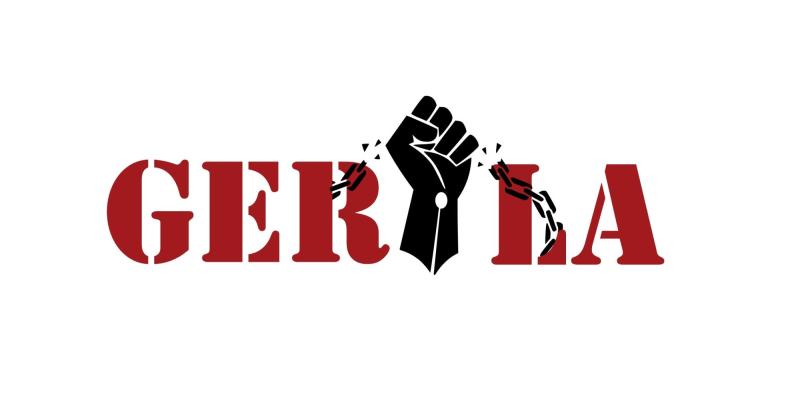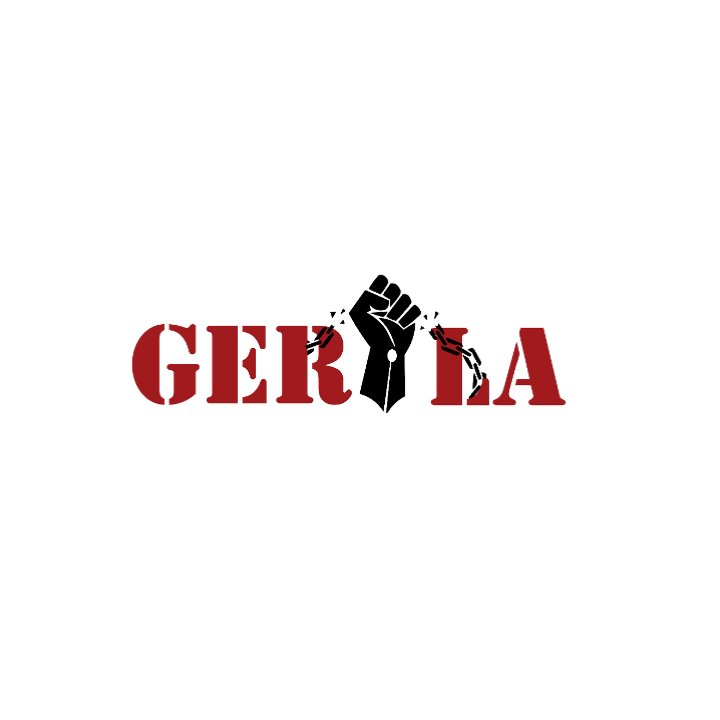The project is inclusive of all genders and aims to reach both younger and older audiences often excluded from mainstream media narratives. It addresses a widespread but underreported issue in Bosnia and Herzegovina: the lack of inclusive, accessible, and solutions-focused journalism in smaller towns and among marginalised communities. Many citizens—particularly those with disabilities, from ethnic minority backgrounds, low-income households, or living in social isolation—are frequently absent from media narratives and excluded from public discussions concerning the challenges they face.
Through this project, the investigative team at Gerila.info, in cooperation with newly trained local correspondents, will produce and distribute a multimedia series designed to give visibility to these excluded voices—and to introduce practical, regionally tested solutions. The format will include six short documentaries (6–8 minutes in length), each following the story of an individual from a marginalised group, alongside six companion podcast episodes (20–25 minutes) analysing how similar issues have been addressed in neighbouring countries, such as Croatia and Slovenia.
Each story will be developed in close collaboration with the affected communities to ensure both accuracy and empathy. All content will be subtitled and transcribed in Bosnian/Croatian/Serbian (B/C/S) and English, and adapted for multiple platforms, including YouTube, podcast applications, social media (in vertical format), community radio, and the Gerila.info portal.
In parallel, the project will strengthen local capacities through the training and mentoring of new contributors, the publication of an open-source Solutions Journalism Toolkit, and the development of concise policy briefs based on each case study. The aim is not only to raise awareness but also to foster constructive public debate and influence local decision-makers and civil society organisations.
By demonstrating that change is possible—and already underway in comparable contexts—this project empowers both its protagonists and its audience.
About the Organisation
Gerila.info is an independent investigative media outlet, founded in 2018 as part of the non-profit association SEMPER.
Since its inception, it has operated continuously online, establishing itself as a watchdog platform focused on uncovering corruption, abuse of power, and systemic failures across Bosnia and Herzegovina and the Western Balkans. Its editorial scope includes political, economic, social, and environmental issues, with a particular emphasis on making complex topics accessible to the wider public. Gerila.info also prioritises stories centred on civic activism, human rights, and public interest advocacy—amplifying voices and initiatives that promote transparency, accountability, and improved governance.
Goals (Expected) of the Project
The overarching goal of the project is to increase the media visibility, participation, and representation of marginalised communities in Bosnia and Herzegovina through a multimedia approach grounded in solutions journalism. The project seeks to bring the lived experiences of underrepresented citizens—such as persons with disabilities, Roma communities, low-income families, and rural youth—into public discourse in an accessible and constructive manner.
By pairing short documentaries with in-depth podcast episodes, the project not only amplifies these voices but also presents proven policy solutions from the region that could be adapted to local contexts. This content will serve as a tool for public education, civic engagement, and advocacy, and will be widely disseminated across digital platforms and community media in both B/C/S and English.
The project actively supports media pluralism by facilitating the production of independent content outside of dominant media centres. It contributes to democratic development by informing citizens about rights-based, participatory solutions to real-world issues. It also adopts a human rights-based approach by prioritising dignity, representation, and accessibility, including the provision of subtitles, transcripts, and audio descriptions for all content.
Finally, the project promotes diversity, inclusion, and equality—not only by telling the stories of marginalised individuals but by co-creating this content with them, through active collaboration and local participation.

